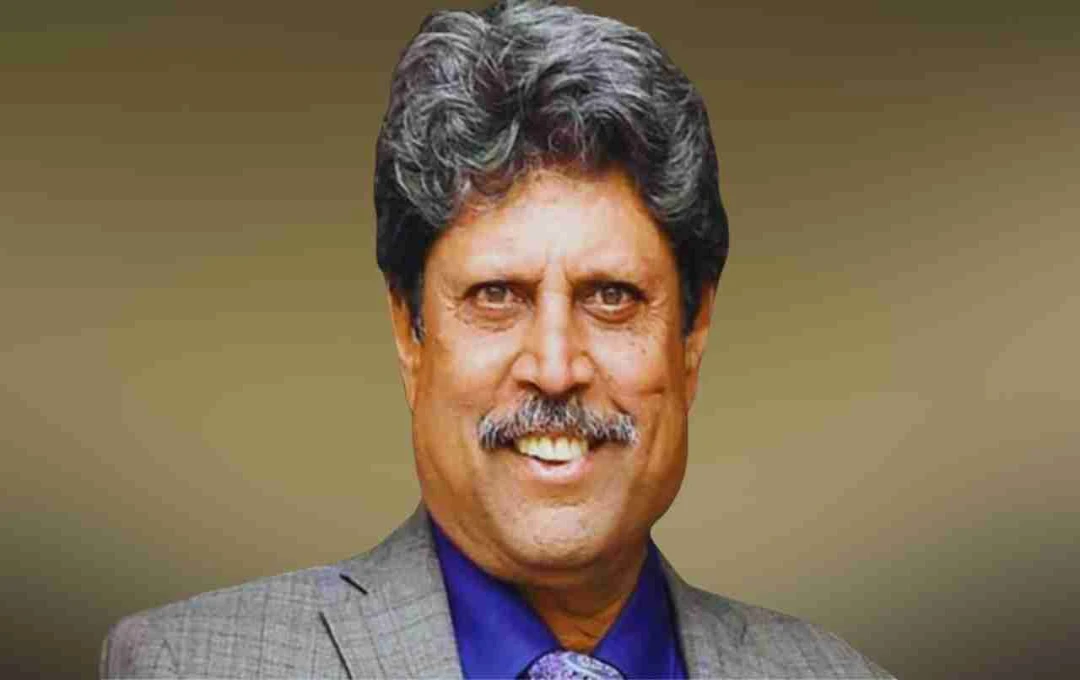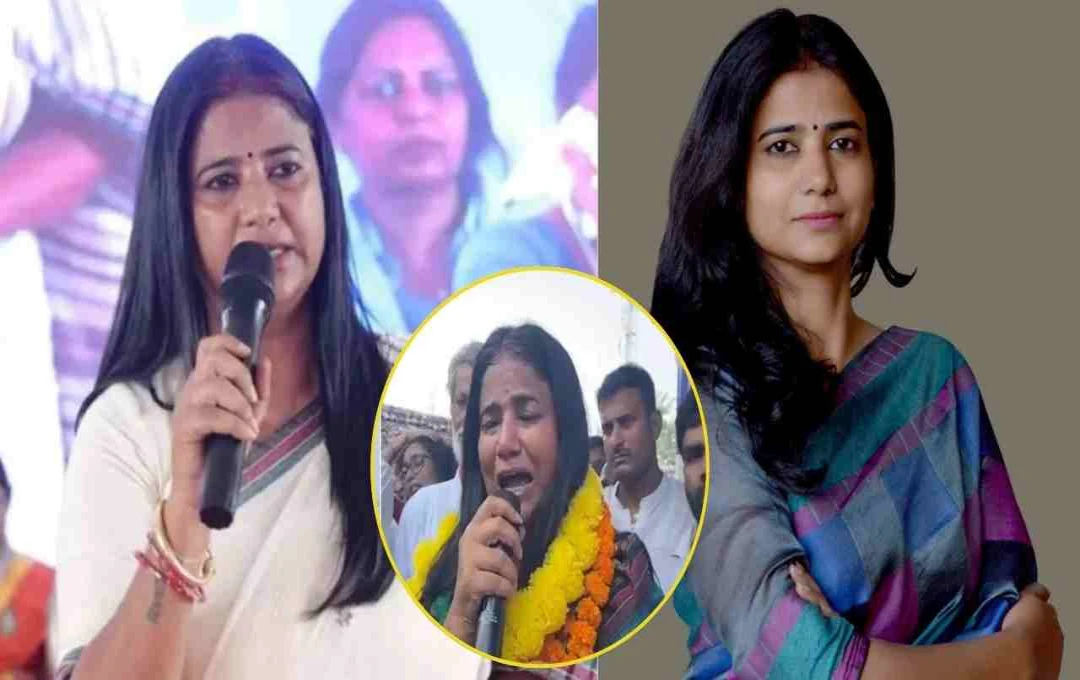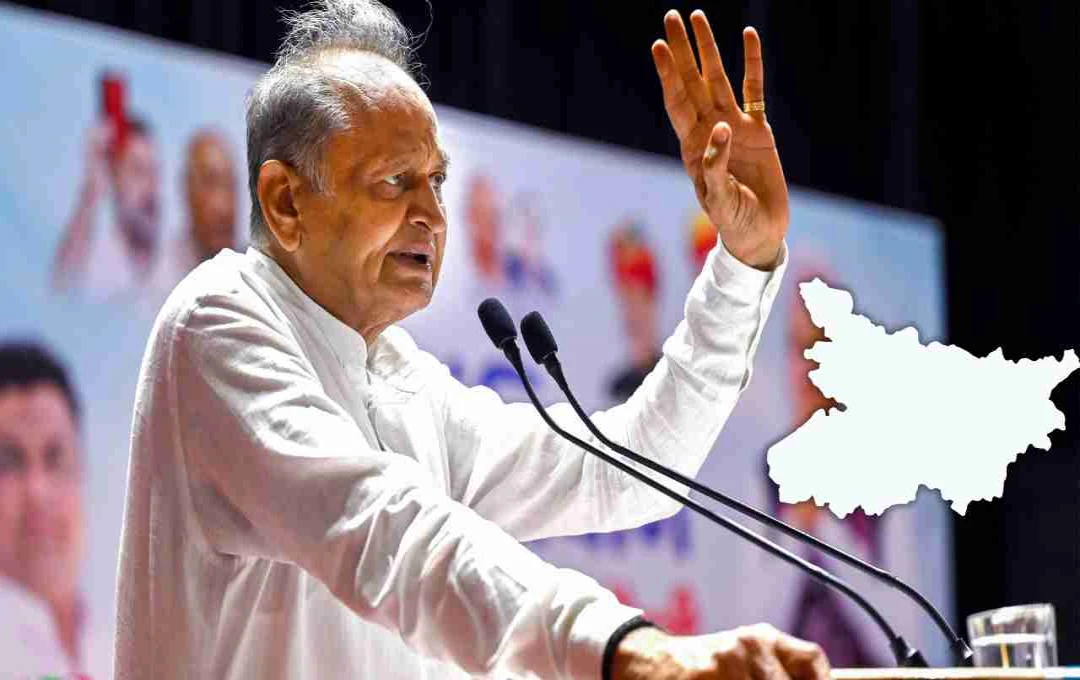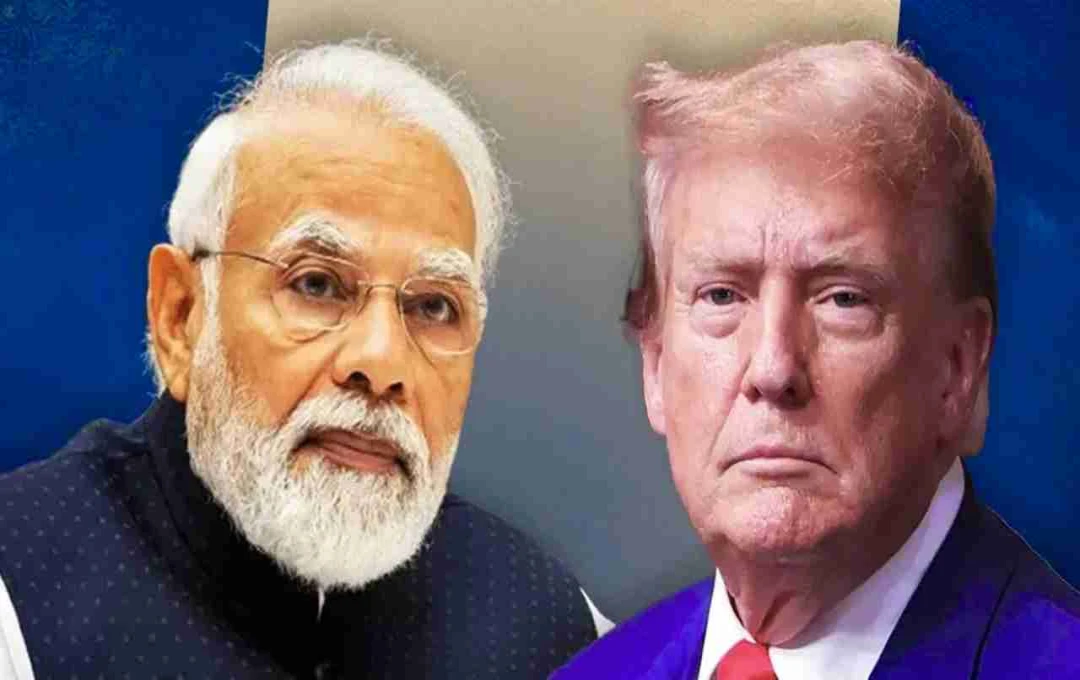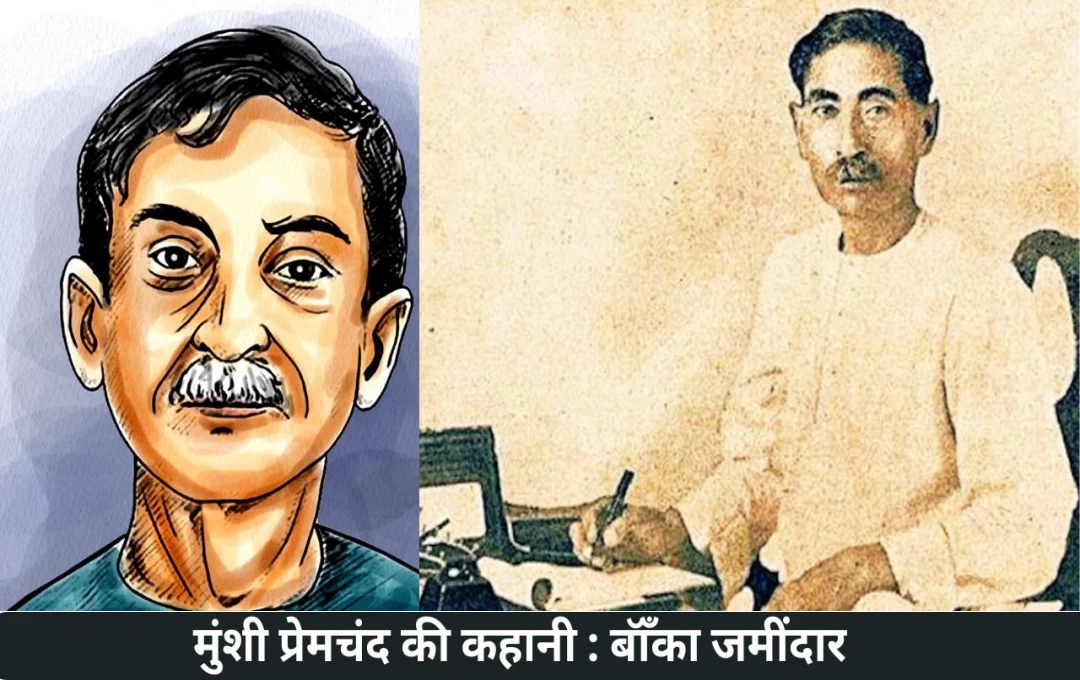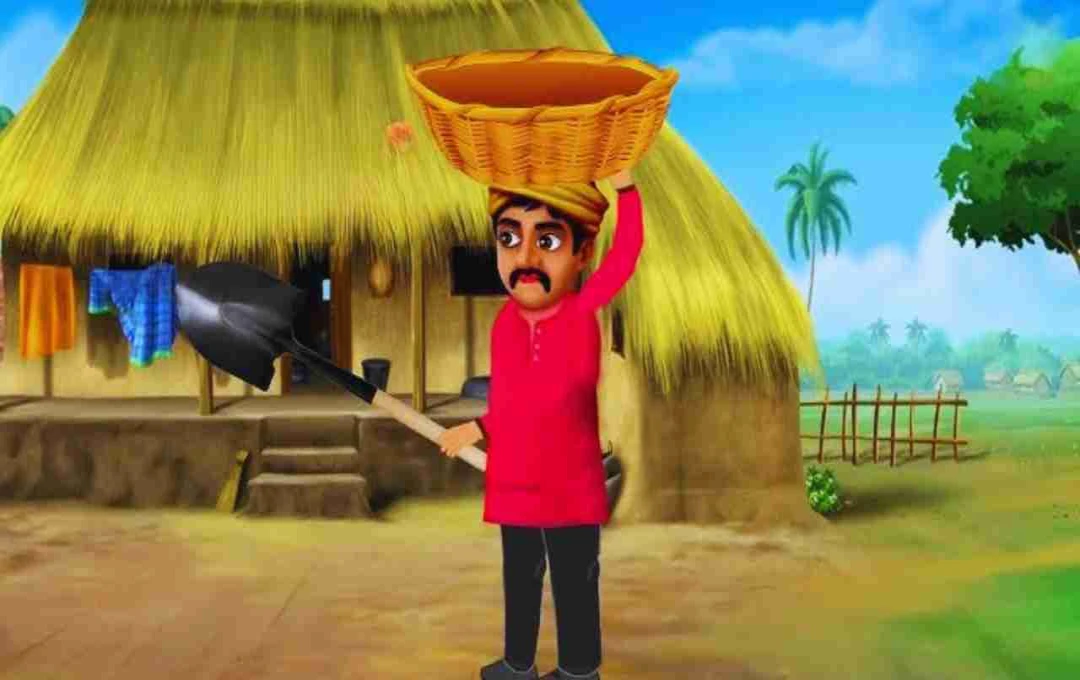In the annals of Indian sports history, some names shine brighter with time. Kapil Dev Ramlal Nikhanj, known to us all as ‘Kapil Dev,’ is one such name. A player, a captain, an inspiration, and an era – Kapil Dev was not just about the balance of ball and bat on the cricket field; he was a living embodiment of hope and courage. His life is not just a count of records, but a lesson in confidence, struggle, and leadership.
Early Life: From Ordinary to Extraordinary
Kapil Dev was born on January 6, 1959, in Chandigarh, Punjab. His father, Ramlal Nikhanj, was a freedom fighter, and his mother, Rajkumari Nikhanj, was a homemaker. Kapil Dev showed an inclination towards sports from his adolescence. Cricket was more than just a game for him; it was a passion. He started playing in the Ranji Trophy for Haryana, and from there, the foundation of a career was laid, which brought glory to India on the global cricket stage.
Arrival in Cricket: An Aggressive Approach from the Start
Kapil Dev made his debut in domestic cricket in 1975 for the Haryana team. His fast bowling and energetic batting soon caught the eye of national selectors. On October 16, 1978, he played his first Test against Pakistan in Faisalabad. Although the initial series was not particularly remarkable, Kapil Dev was not one to give up. He soon established himself as an 'all-rounder' who could take wickets and play a match-winning innings when needed.
That Historic Moment: The 1983 World Cup and India's Coronation
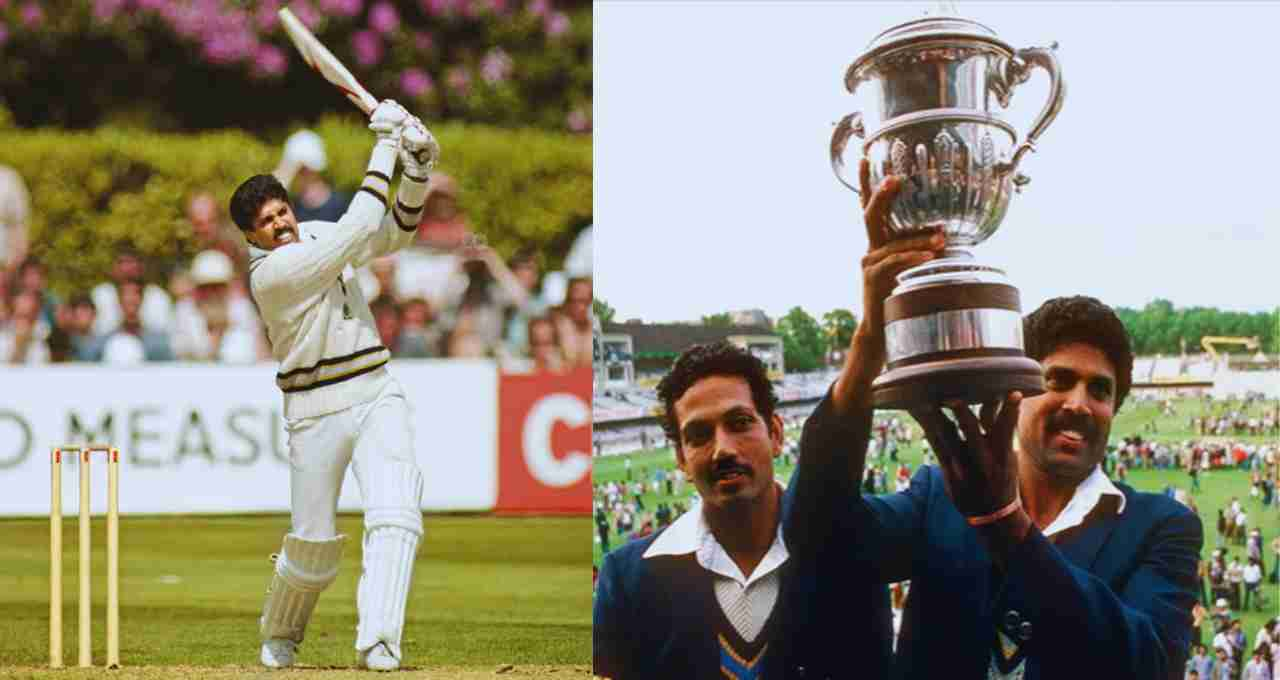
The 1983 Cricket World Cup proved to be a milestone in Kapil Dev's career and for Indian cricket. At that time, India was not taken very seriously in cricket, but everything changed under Kapil's captaincy. On June 18, 1983, he played an innings of 175 runs off just 138 balls against Zimbabwe. This innings is considered one of the most daring innings in cricket history. In that World Cup, India defeated a formidable team like the West Indies to win the cup and emerged as a new superpower of cricket.
A Mine of Records: Beyond Statistics
Kapil Dev scored 5248 runs and took 434 wickets in 131 Test matches. He added 3783 runs and 253 wickets in 225 ODI matches. He became the first player to take more than 400 wickets and score more than 5000 runs in Tests. The balance in both his batting and bowling placed him in the category of a 'complete player.' He remained the backbone of Indian cricket until his retirement in 1994.
Role of Coach: Leadership Beyond the Field
In 1999, Kapil Dev was appointed as the coach of the Indian cricket team. However, this tenure did not last long. Disturbed by the betting allegations leveled by Manoj Prabhakar, Kapil Dev resigned from the post. Later, he was proven innocent. Although this period was challenging for him, he overcame it and re-established himself as a social leader.
Social Work: Moving Beyond Sports to Social Service
In 2005, Kapil Dev founded an organization called ‘Khushi,’ which works for the education and health of underprivileged children. 'Khushi' runs three schools in Delhi, which provide educational opportunities to needy children. He is not just a cricket hero, but also an ideal for society.
Military Service: Another Identity
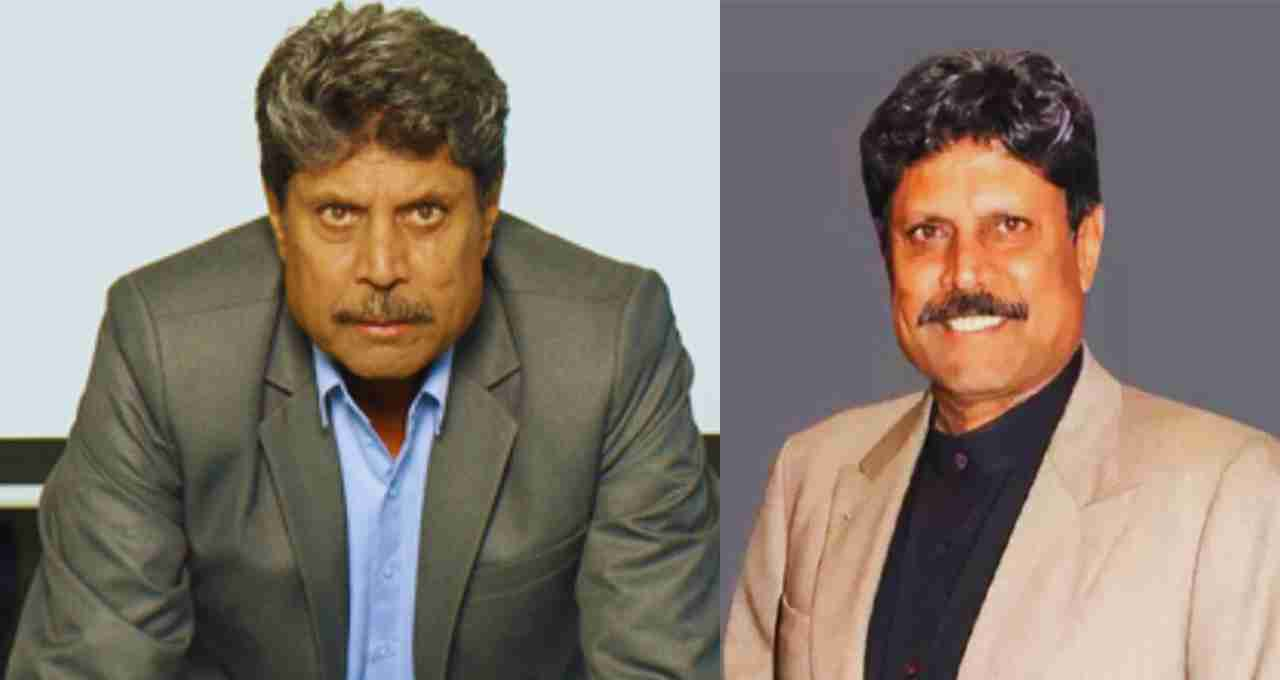
On September 24, 2008, Kapil Dev was awarded the honorary rank of ‘Lieutenant Colonel’ in the Indian Territorial Army. This honor was for his discipline, patriotism, and inspiring life. He proved that discipline is not just a definition of the army, but the foundation of every successful person.
Personal Life: A Confluence of Simplicity and Balance
Kapil Dev married Romi Bhatia in 1980. Their only child, Amiya Dev, was born in 1996. In his personal life, he has always preferred simplicity. He never covered his personality with glamour, but made hard work and honesty his mantra.
Interest in Art, Culture, and Golf
After retiring from cricket, Kapil Dev started playing golf and participated in several international tournaments. He has been the only founding member from Asia of the Laureus Foundation. This organization is working to bring social change through sports.
Kapil Dev is not just a cricketer, but a part of India's soul. The passion he showed is an inspiration for generations to come. He proves that if a person works with honesty, diligence, and confidence, no goal is impossible. He not only played cricket, but lived it – and gave India a new confidence.
